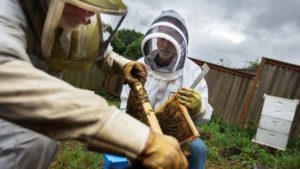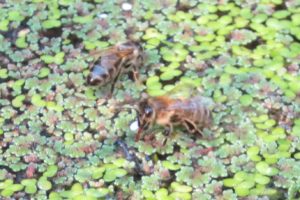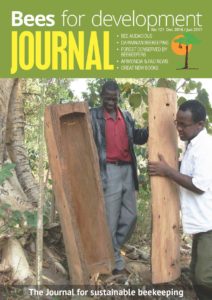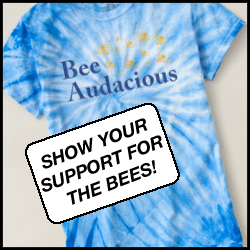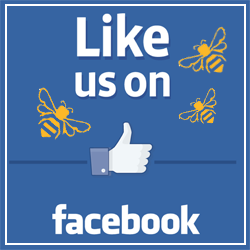Audacious Idea Eight: Addressing Pesticide Abuse
Addressing Pesticide Abuse
Chas Mraz
|
Main Entry: au·da·cious 1 a : intrepidly daring : ADVENTUROUS <an audacious mountain climber> b : recklessly bold : RASH <an audacious maneuver> 2 : contemptuous of law, religion, or decorum : INSOLENT 3 : marked by originality and verve <audacious experiments> |
I like definition 2, and I could come up with lots of audacious ideas if I stuck to that definition. But I will perhaps save those ideas for the meeting.
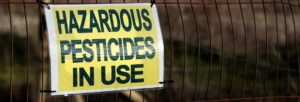
I first have to address my greatest concern, one that I have the least control over, which is neonicotinoid use. To address that concern we must work to get farmers onboard and avoid an adversarial relationship with them. I have found that when the problem is explained properly, many farmers share my concern. Looking at the entire class of neonicotinoid chemicals as a bad thing is shortsighted. Pesticides are dangerous to bees no matter what they are. The problem with neonicotinoids is not necessarily the pesticide, but the extraordinary misuse of them. By using seed coatings and classifying them as “treated articles,” the chemical and seed industries have managed to bypass state and federal 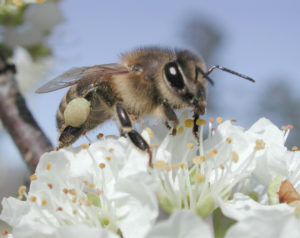 pesticide laws and use these chemicals with complete disregard for Integrated Pest Management (IPM). This abuse is the root of the neonicotinoid problem we are facing with both commercial and native pollinators.
pesticide laws and use these chemicals with complete disregard for Integrated Pest Management (IPM). This abuse is the root of the neonicotinoid problem we are facing with both commercial and native pollinators.
Abuse is not the only problem, but it is the reason that this class of chemicals is so harmful, and it is a serious problem that goes well beyond affecting pollinators. Educating farmers on this issue will be the most effective way to address the problem. Farmers are at the top of the consumer food chain, and they need to apply pressure so they have options with seed treatments, options that are simply not available to them now. We must partner with the farmers to ensure that beekeepers and native-pollinator advocates do not become the bad guys. If we do, we will only have governmental and judicial interventions to rely on, and at that point, we will likely lose this war on the environment.
Get your tickets – help the bees.
